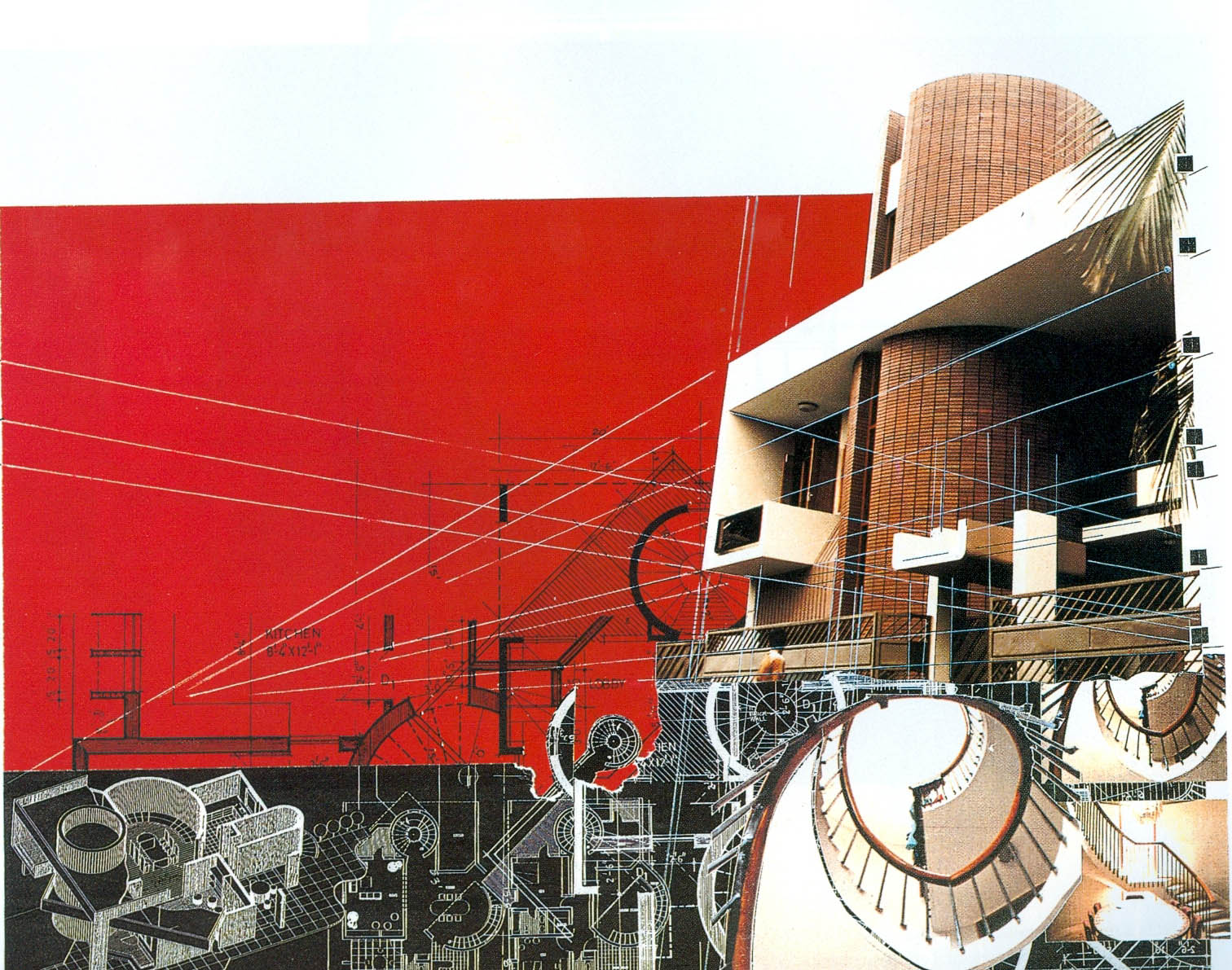|
Architectural Image |
|
|---|---|
| Screenshot |

|
| Working from an existing digital model, students will investigate the construction of the "architectural image", wherein drawing is understood as an image-making act as the service of a design idea. | |
| Assessment objectives |
|
| Exercise Type | Project |
| Evaluation Criteria |
|
| Uses Tool(s) | Tool:Rhino v4.x , Tool:VRay , Tool:Photoshop CS5 , Tool:Illustrator CS5 |
| Uses Workflow(s) | |
Working in groups of three “imagers”, students will produce a graphic presentation of a the case study previously modeled in the previous
exercise
targeted towards a particular design idea and a particular audience. Each student from the group will work to create one final board that includes two drawings of the buildings that reference each other. One of the drawings should be composed of precise linework while the other one must be rendered and post-processed (and can include linework as well). Accurate and compelling digitally rendered images, skillful post-render manipulation and entourage, and a thoughtful deployment of analog rendering techniques will all play a part in the evaluation of your work.
Deliverables
- A single architectural presentation board composed of two drawing images that work together to form a cohesive whole. One digitally-printed board per student, 30”x40”, in either portrait or landscape format.
Guidelines
- Students will work in groups of three to four for this exercise.
- Design Narratives examples (consider these starting points for you to create your own specific narrative throughout the project)
-
- St Mary's as conduit for God's Light – It's 1965, and as the design architect for St Mary's Cathedral, your primary client is the US Conference of Catholic Bishops, who has the final word regarding the aesthetic character of the cathedral. This body is concerned with the phenomenological experience of the building, and will be swayed by images that emphasize its sculptural qualities.
- St Mary's as Urban Frame and Landmark – It's 1966, and as the masterplanner for the St Mary's complex, it falls upon your shoulders to convince the landmark commission for the city of San Francisco to grant permission for the urban presence of the complex. Made up of the city's most influential architects and urban planners, this body is concerned with both how the building fits into the fabric of San Francisco, as well as how the city is framed by the lens of the building.
- St Mary's as Structural Masterwork – It's 1970, and the existing St Mary's Cathedral has been nominated to receive a Pritzker Architecture Prize for excellence in structural engineering. The 6-member body of architects and engineers judging the competition entry is concerned with structural and constructive innovation paired with sculptural and spatial beauty.